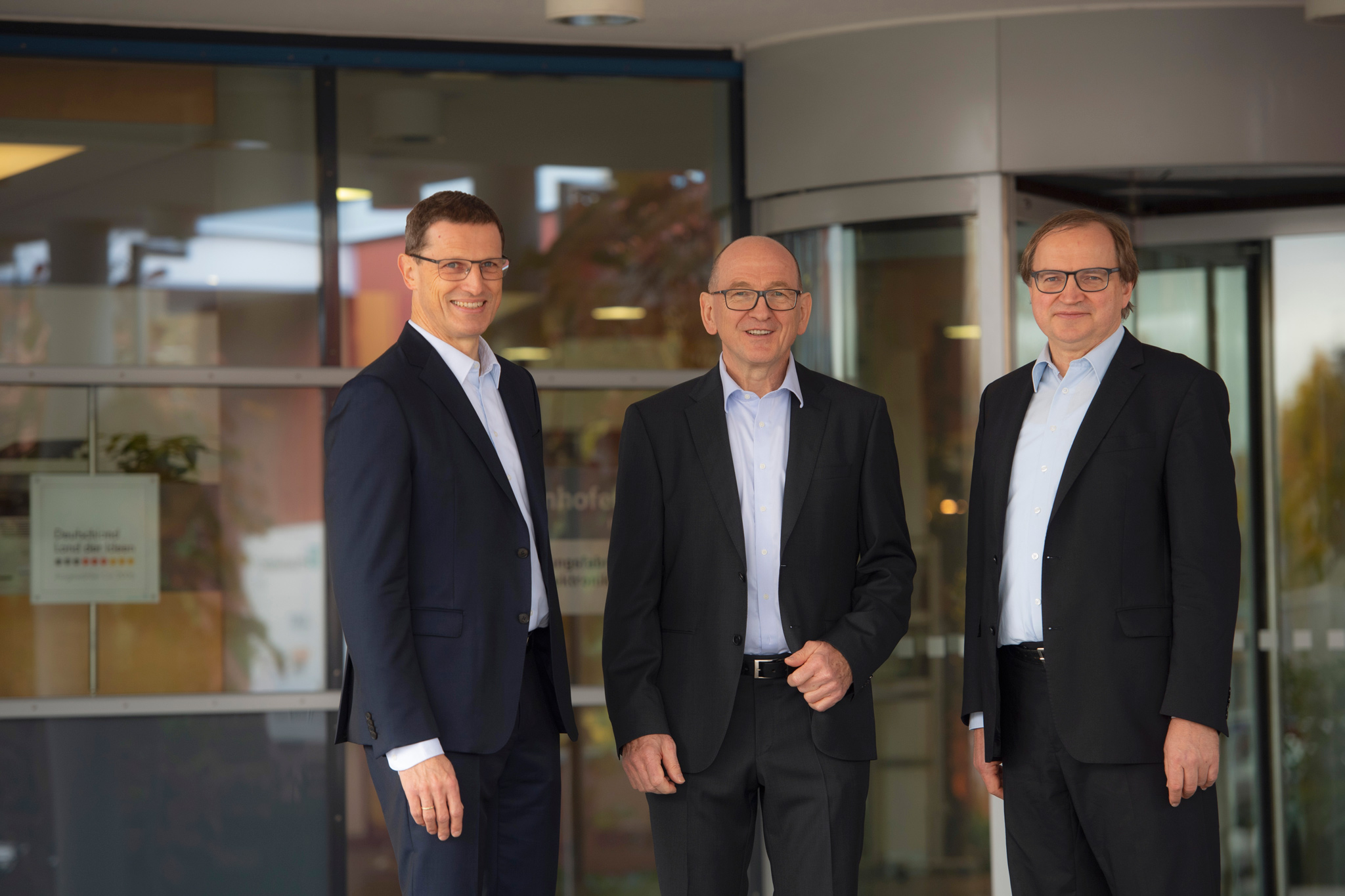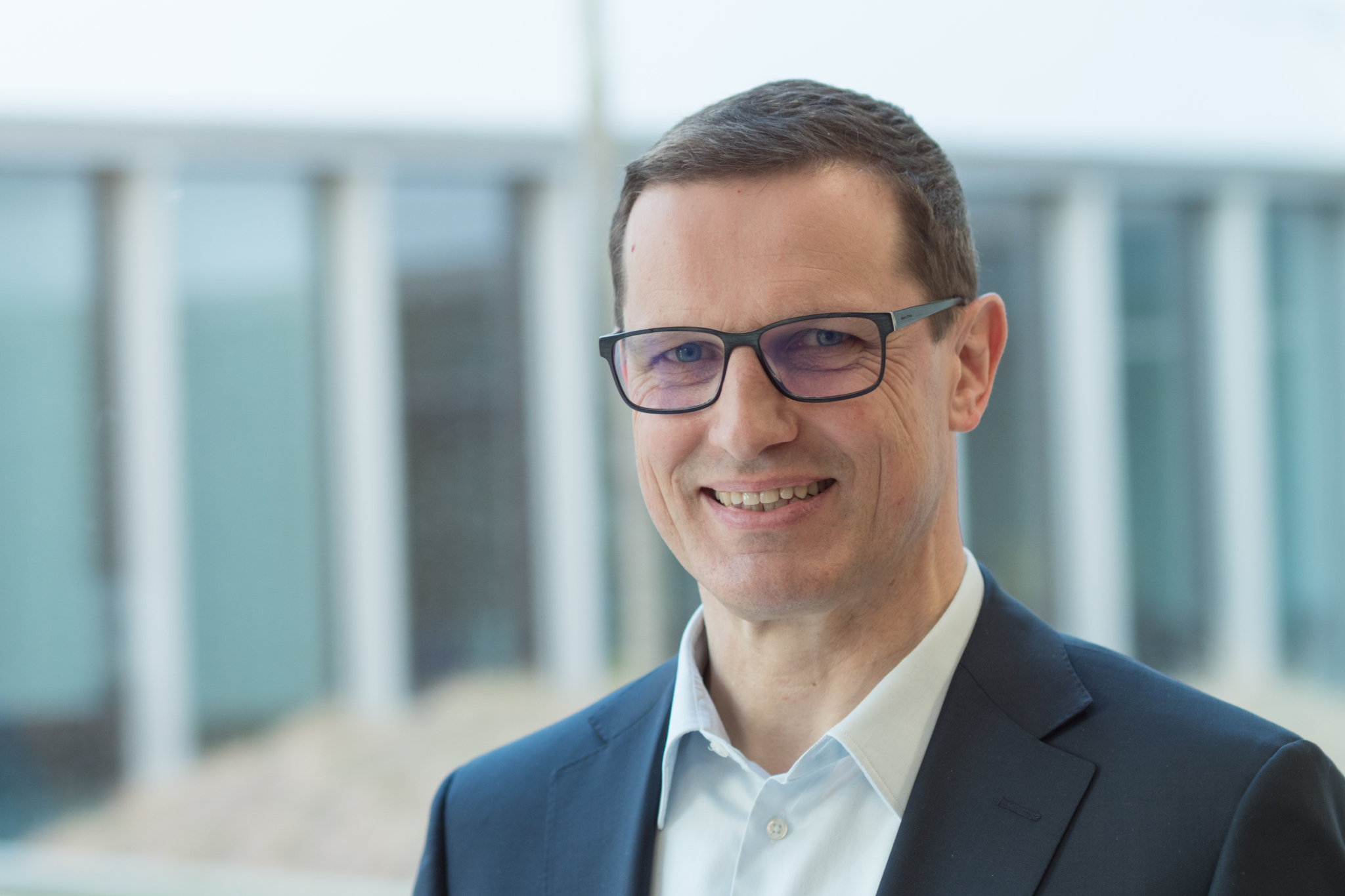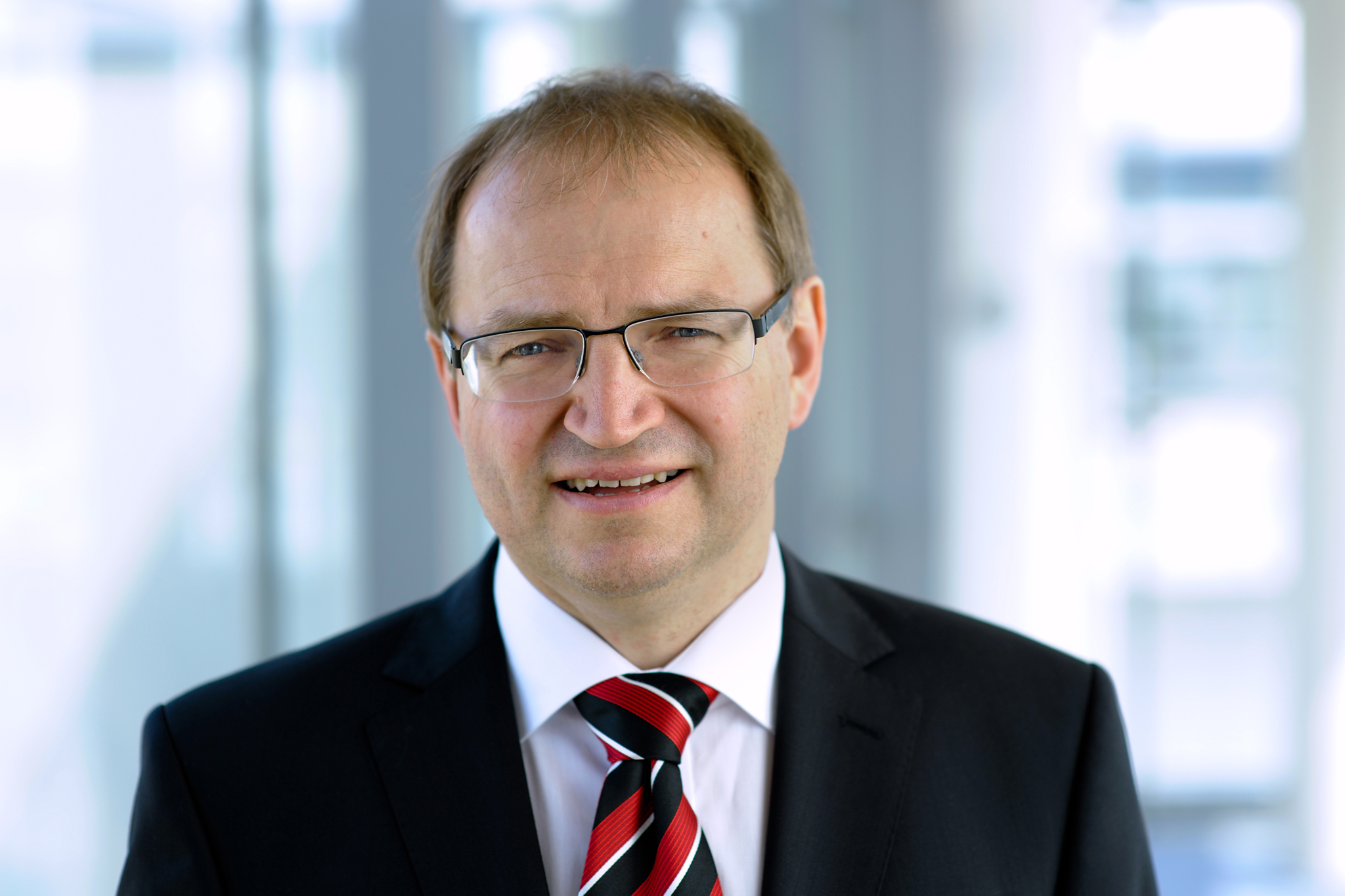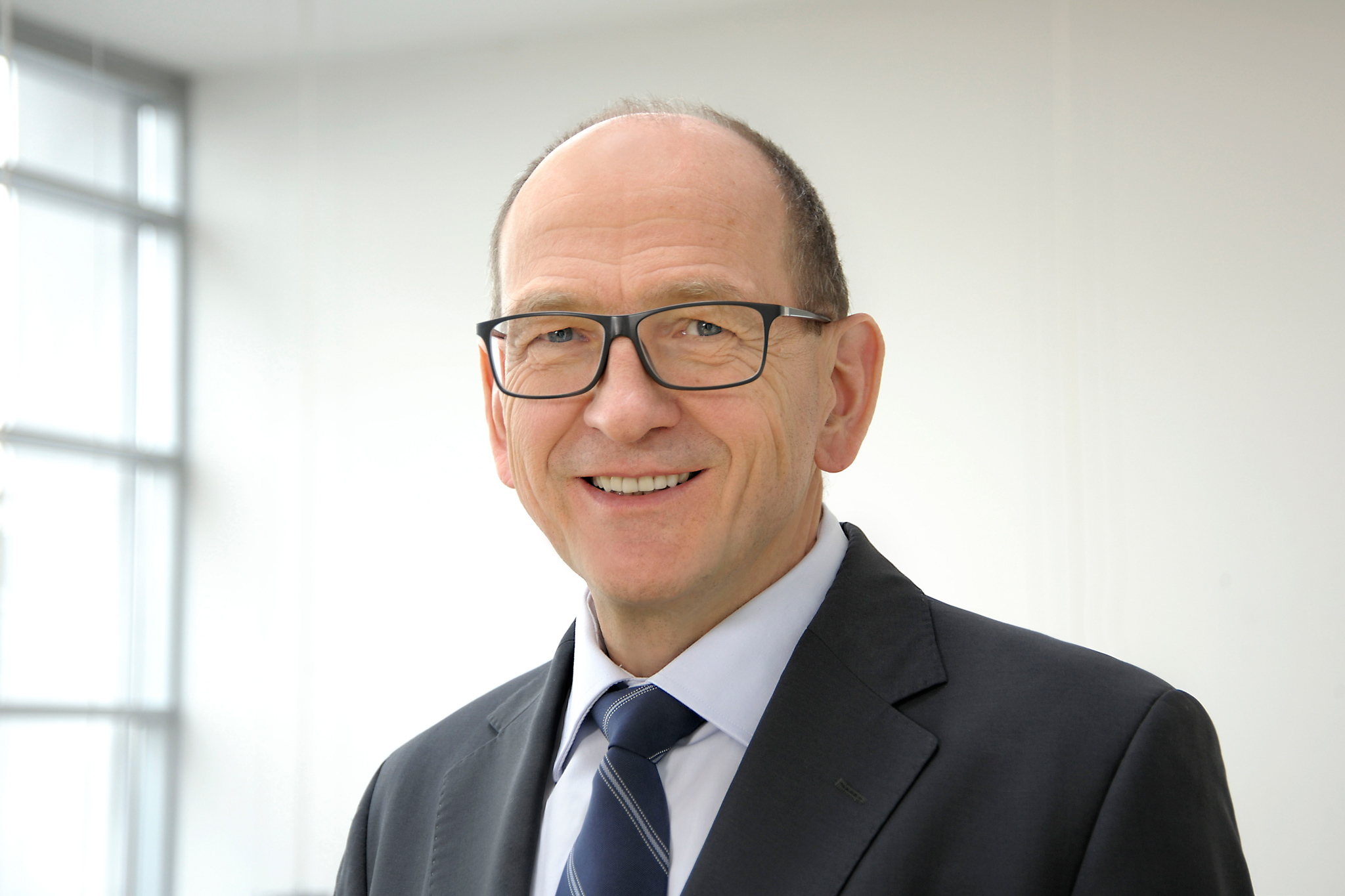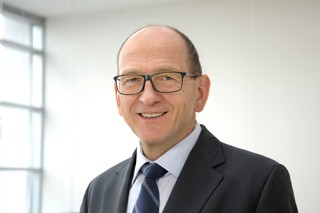Data sovereignty is also a factor in our development work in the domain of speech technologies. What exactly is Fraunhofer IIS doing here?
Bernhard Grill: We’ve been working on speech technologies for over 20 years now. Starting from the development of the AAC communication codec and the EVS standard, the mandatory speech codec for 5G voice services, we’re currently expanding our activities in the direction of voice signal processing and voice assistance systems. One of the main prongs of our strategy is the SPEAKER project, which is funded by the German Federal Ministry for Economic Affairs and Climate Action as part of its AI Innovation Competition. Under the leadership of Fraunhofer IIS and Fraunhofer IAIS, the consortium partners are developing a German voice assistant platform that guarantees the data sovereignty of users.
What is the goal of this German voice assistant platform?
Bernhard Grill: The goal is to provide infrastructure, technology components and standards for voice-controlled dialog systems for business-to-business (B2B) applications that comply with European data security standards. Whether in the health sector, financial services or industry, such voice assistants hold out a lot of promise for many companies in the future.
Unfortunately, if a company today invests in a standard voice assistant to ease the workload, it often gets a black box where it is completely unclear where the voice recordings are stored, how and where the data is processed and who else might have access to any sensitive information.
Building on SPEAKER, the OpenGPT-X research project is creating a large and thus high-performance AI voice model for Europe. The OpenGPT-X partners are developing intelligent voice applications that will be made available to companies across Europe via the decentralized GAIA-X cloud solution. Funded by the German Federal Ministry for Economic Affairs and Climate Action, the project is headed up by Fraunhofer IAIS and Fraunhofer IIS as the lead partners. Additional voice processing components are being developed at the Center for Digital Signal Processing using Artificial Intelligence (DSAI), which is funded by the Bavarian Ministry of Economic Affairs, Regional Development and Energy.
